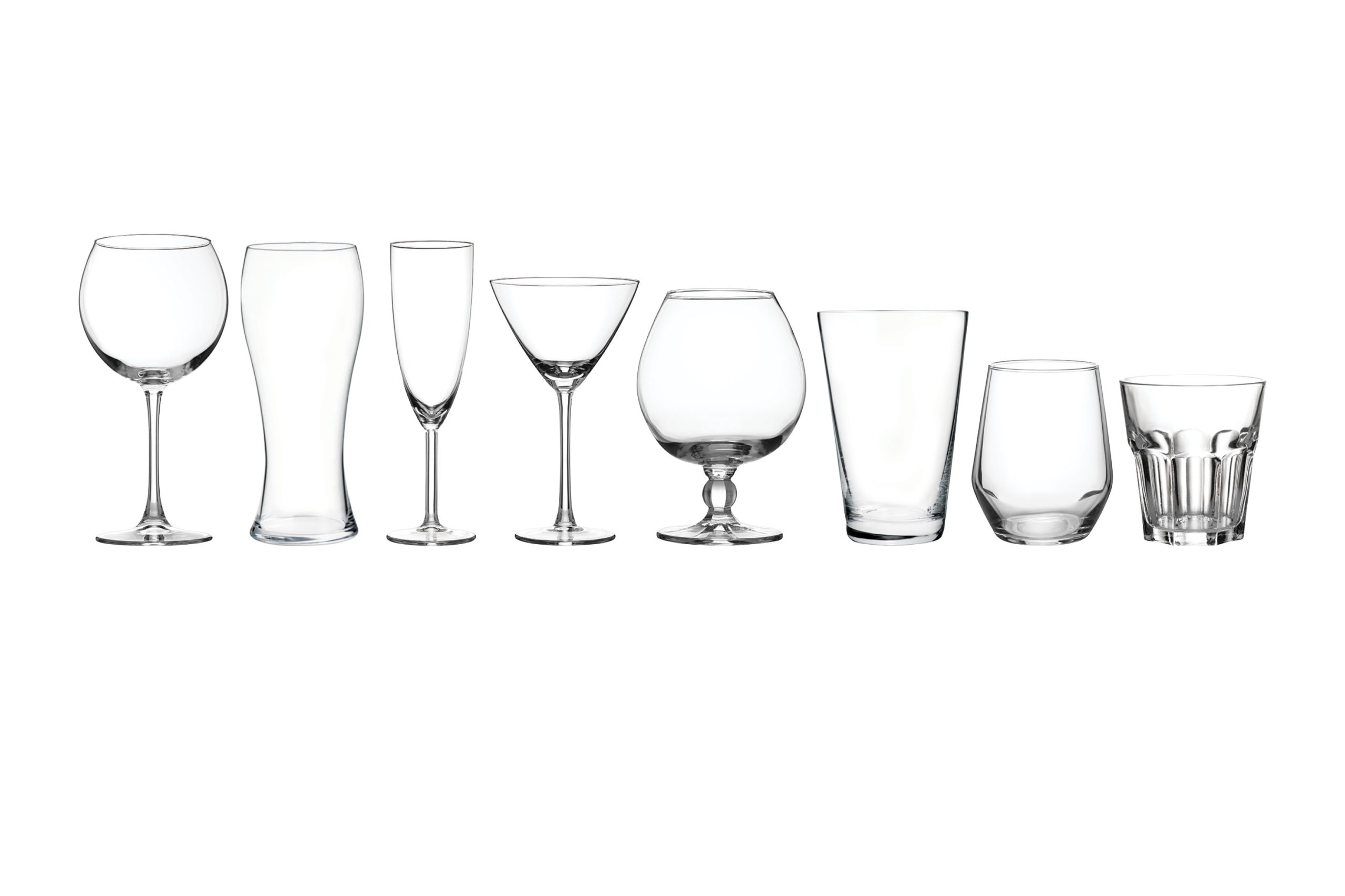We’re getting ready to close the books on 2022, and people are looking for ways to start off the new year happier and healthier. For an increasing number of Americans, the first month of the year is now Dry January. The initiative challenges participants to abstain from alcohol for all 31 days of the month. After the celebrations and indulgences of the holiday season, it can be a great way to reset, and you’re likely to see a positive impact on your physical and mental health as well.
“Alcohol is a very important component of our culture—it’s woven into our everyday lives whether it’s part of how we celebrate or how we destress,” notes Dr. Arturo Taca Jr., founder of INSynergy Personalized Addiction Care. “We don’t want to vilify alcohol, but it’s important that we have a healthy relationship with it and are able to drink in moderation.” During the pandemic, alcohol became more of a problem in the U.S. According to research from Massachusetts General Hospital, drinking to excess (including binge drinking) increased by 21%, and experts say that alone could result in 8,000 deaths from alcohol-related liver disease.
benefits of dry january
Taca notes that drinking in moderation has been shown to have some health benefits in studies. However, it’s also been found that long-term or heavier drinking can increase both physical and mental health problems. “Alcohol impacts every system in the body,” he says. “It can damage organs, result in anemia, increase cancer risk and cause depressive symptoms.” Cutting alcohol for even just a month can make a positive impact on your health.
- Mood boost: Ever feel anxious or down the morning after drinking? There’s a word for that: “hang-xiety.” It’s brought on by a dip in blood sugar and the rise and fall of a chemical in your brain called GABA. Taking a break from alcohol not only eliminates hang-xiety, it can allow you to determine your motivation for drinking, including whether you use it as a coping mechanism for stress, anxiety and depression.
- Better sleep: Alcohol consumption decreases your REM sleep. While you may find you fall asleep faster, you may wake up in the middle of the night or feel groggy in the morning. Participating in Dry January may improve your sleep, giving you more energy to start the year off right.
- Weight loss: Cutting back on drinking will eliminate some liquid calories from your daily routine. Since those don’t fill you up like food calories, you’re less likely to seek a replacement for them. You also may find yourself eating less junk food when you don’t have a drink to go along with it.
- Brighter skin: Since alcohol is a diuretic, it causes your body to lose fluid. Since your body has a harder time hydrating itself, your skin can be left dry and lusterless. That water-loss also leads to the loss of vitamins and nutrients, like vitamin A. On top of that, sugary cocktails in particular can lead to breakouts thanks to blood sugar spikes and increased hormones.
steps to success
- Find a non-alcoholic substitute. Taca notes that adults often feel like it’s expected to have a drink during certain social situations. “It’s like adult peer pressure,” he says. “If you’re at a party and someone asks if you want a drink, there can be some guilt and shame associated with not taking one.” He recommends already having a non-alcoholic beverage in hand or be ready to ask for something like sparkling water, soda or a mocktail.
- Avoid temptations. Don’t keep alcohol at home during Dry January. Also, know what situations make you feel inclined to drink—whether it’s a glass of wine with friends after work on Fridays or a beer while watching a football game. You don’t have to forgo these activities entirely, just be aware of their association with alcohol.
- Ask for support. Let your friends and family know what you’re doing and ask for encouragement. Taca suggests taking steps like riding to parties or other events with a sober friend. It will help keep you accountable and provide you an ally in avoiding alcohol.
- Don’t give up. So what happens if you slip up and have a drink this January? It’s not the end of the world. Just be ready to bounce back and recommit to the resolution. Do not use a small lapse as an excuse to resume drinking for the rest of the month. A 95% or even 80% successful Dry January is still an achievement worth working toward.
- Track your drinking (and not drinking). Marking off each day you don’t drink on a calendar can make your success more tangible and remind you of the goal you’re working toward. If you want to continue drinking less after Dry January, tracking your drinks is a good step to take. There are apps that can do this for you, as well as provide motivational information like how much money you’re saving.
how did dry january start?
The campaign was started by Alcohol Change UK, a nonprofit dedicated to reducing physical, mental, societal and economic alcohol harm. Dry January was inspired by a staff member’s experience stopping drinking to prepare for a marathon. They lost weight, slept better and had more energy. In 2013, the campaign kicked off, and an alcohol behavior expert from the University of Sussex surveyed people taking part. It was found that six months after Dry January, seven out of ten people continued drinking less riskily than before, and almost 25% of people who drank at harmful levels were now in the low risk category. Thanks to those promising results, the initiative grew, and millions of people now take part in the challenge every year.
Additional sources: Harvard Medical School, Alcohol Change UK








